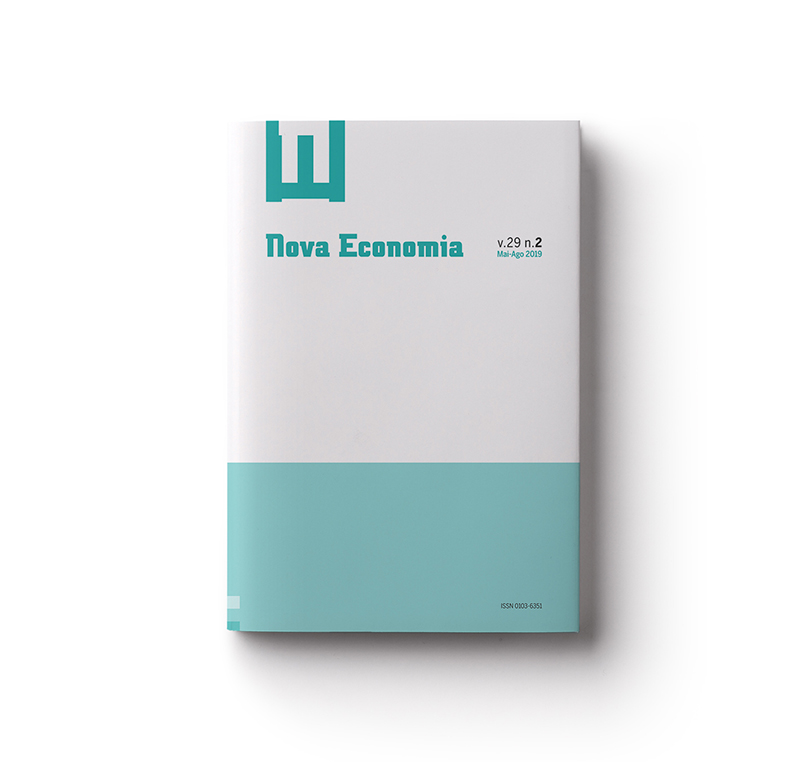Institutional aspects of price formation
Abstract
According to the traditional view of price formation, prices are the result of the interactions of supply and demand. An equilibrium price is one where the quantity demanded equals the quantity supplied. The price system provides a mechanism whereby changes in supply and demand conditions affect the allocative efficiency of resources. However, in an important measure, prices are not completely determined in the market by supply and demand, but by other factors such as power, market structures, conventions, rules, routines etc. The purpose of this paper is to investigate the role and influence of a variety of institutions in the pricing process, with particular emphasis on conventions.
Keywords pricing; institutions; conventions; heterodox economics
Downloads
Published
How to Cite
Issue
Section
License
Authors who publish with this journal agree to the following terms:
- Authors retain copyright and grant the journal right of first publication with the work simultaneously licensed under a Creative Commons Attribution 4.0 International License that allows others to share the work with an acknowledgement of the work's authorship and initial publication in this journal.
- Authors are able to enter into separate, additional contractual arrangements for the non-exclusive distribution of the journal's published version of the work (e.g., post it to an institutional repository or publish it in a book), with an acknowledgement of its initial publication in this journal.
- Authors are permitted and encouraged to post their work online (e.g., in institutional repositories or on their website) prior to and during the submission process, as it can lead to productive exchanges, as well as earlier and greater citation of published work (See The Effect of Open Access).




